Three police stations, five detectives – and still no justice
Sarah Rosenberg contacted three police stations over six months and was interviewed for hours on end – but she still never saw justice.
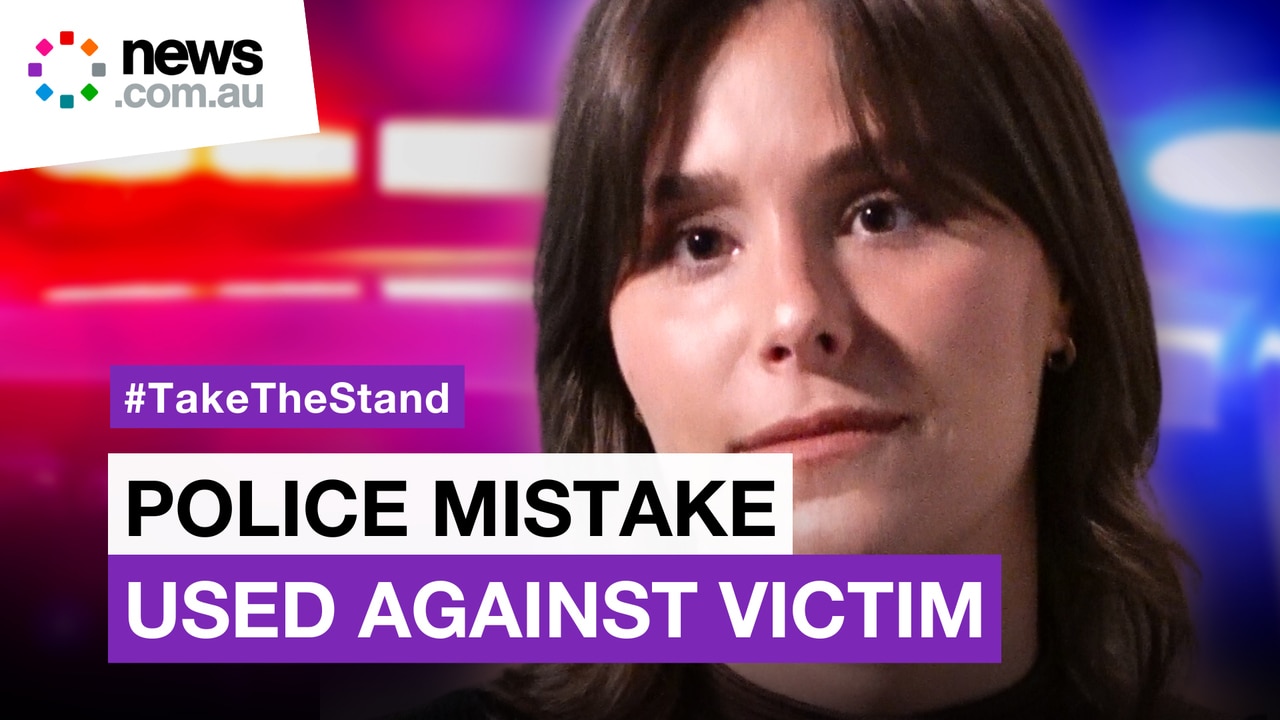
OPINION
I’m sitting at reception in Kings Cross Police Station clutching my copy of Chanel Miller’s book, Know My Name. I’m not even reading it; my stomach is churning too much for my eyes to focus. Dad is next to me playing Solitaire on his phone. We’ve been here for two hours, but I was determined to follow through with reporting, this time.
I’d already contacted two police stations before I was directed to Kings Cross.
In December of 2019, the first officer from Paddington I spoke to over the phone told me to try Bondi instead.
“They have a victim liaison officer there, someone who’s more familiar with … um … you know.”
“Sexual assault?” I asked.
I thanked the officer for his time and went to hang up. He must have sensed me withdrawing because he wasted no time telling me that making a false allegation was serious business. Later that week, I called Bondi Police Station – they’d never heard of a “victim liaison officer”, but said I could book an appointment to come in. It’d have to be next week, though.
Mum drove us to Bondi Police Station, and we were promptly directed into a windowless room with walls the colour of what I imagine a jail cell to have. There was a wheelie chair, which I was thankful for – spinning side to side would give me some comfort while I spoke about the most heinous thing to have ever happened to me.
I remember rambling. Rambling and spinning and not making eye contact. Mum put her foot on my wheels as the detective explained I would have to tell them what happened.
And so I did. For hours. I told her how I’d been feeling sick. I told her that I didn’t want to be touched, and he must have taken it personally. I told her he’d raped me as punishment, I thought. It was the first time my mum had heard the full detail. I felt ashamed and dirty. But I also felt relieved. Until the detective said I’d need to go to Kings Cross Police Station to report.
I thought I was reporting.
It turns out that police require you to give an initial report before asking if you want to make a formal statement. It would take me three months to do just that.
It’s now April of 2020, and the Kings Cross Station smells strongly of urine. It’s dark and stuffy inside; I remember feeling sorry for the officers who worked there. I release my grip on Know My Name and look at dad, who has made himself as comfortable as one can on the plastic black chairs. He’s not allowed to come in with me because he might need to give a statement himself. I feel guilty having made him wait all this time.
Alone with the detective, I ready myself to dive into the thick of it. No rambling this time.
“So, how’d you meet him?”
The question caught me off guard. She probably wanted some context.
“Bumble”, I answered sheepishly. I ready myself again.
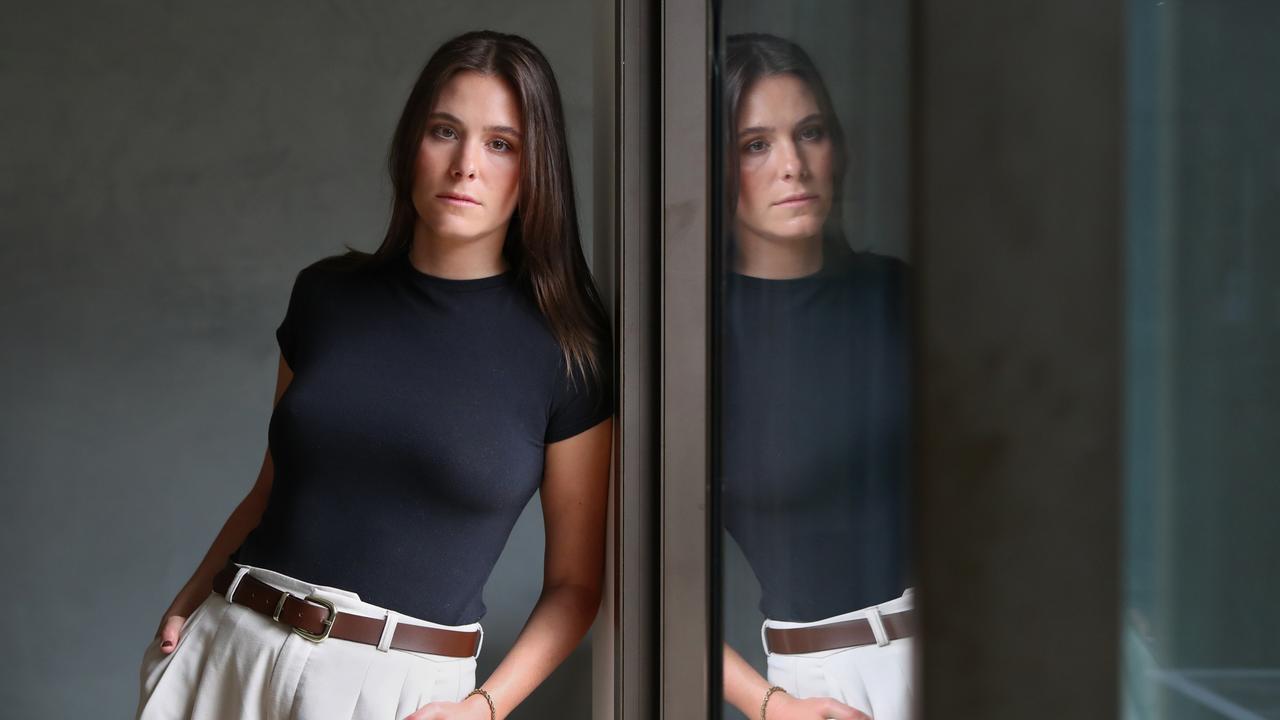
“So, you messaged him? Bumble’s the one where the girl messages the boy, yeah?”
“Ah, yep.”
“What did you say?” I didn’t answer, I was a bit stunned.
“What did you say in your message to him?”
It became clear that today was not the day I would tell my full story. Three police stations, three months and I still had not got the rape down on paper.
In the end, making a statement took 24 hours over three months. It’s 27 pages. Each session was an hour or so wait at reception (despite making an appointment – sometimes for the session to be cancelled anyway), before three or so hours of talking.
The first detective at Kings Cross had never taken a sexual assault complaint before. She’d stop me mid-sentence and ask me to spell vagina. I say ‘first’ detective, because in the end I’d speak to three detectives at that station alone. Five in total.
It was only in the final session, which was four hours long, that I was told I could have had a support person accompany me the whole time, so long as they weren’t a witness.
My diary of the time reads, “Louise, the fifth detective, is the best. I adore her, merely for being competent”. And she was beyond competent, she became a light in the darkest tunnel.
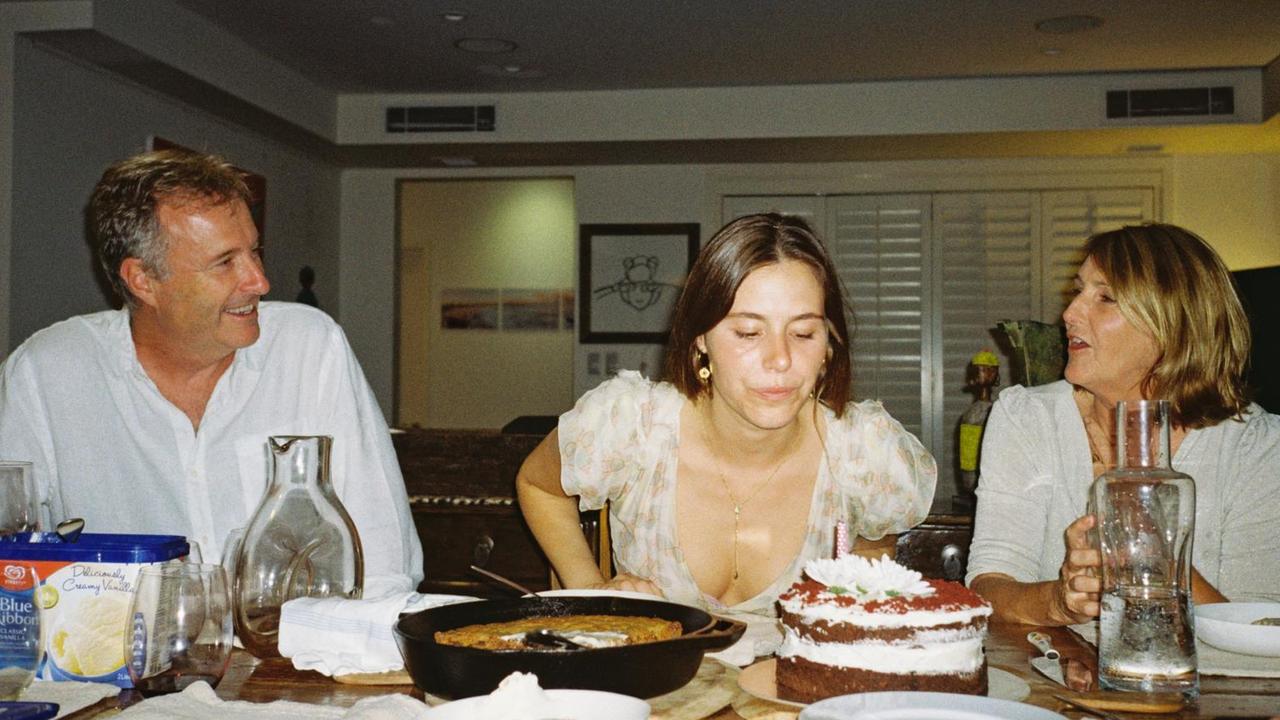
Parallel to the police process, I was navigating finding counselling and support. It was just as frustrating. In total, I called at least six support hotlines.
The information they provided was often contradictory. They couldn’t offer legal advice or any direction about the police. Some openly discouraged me from reporting. At times I felt I was just a number to help them reach a quota of clients, for funding purposes. I was never referred to where I needed to go.
All I wanted was clear, accurate information so that I could make my own decision about what I wanted to do next. But a number of the services couldn’t grasp that I wasn’t in crisis anymore.
No one was able to tell me what was expected of me. No one could estimate how long the process would take. No one could tell me the likely possible outcomes. And no one was able to prepare me for the revolving door of rotating officers in and out of my case.
Louise texted me one evening in August. “Call me when you can.”
I excused myself from the dinner table and walked to a separate room, where I was told Joshua* had been arrested. I crumpled to the ground in shock. I really never thought the case would get this far.
Each step of the process I would tell myself it was futile, but that I’d continue to co-operate as a witness. I spent over an hour on the phone with Louise that night, family members slowly gathering around me on the floor. I remember asking about the smallest details – what his cell looked like, if he had been given anything to drink, if he had said anything.
Once charges were laid, the real waiting began. I spent a lot of time in the stationery cupboard at work waiting for my phone to ring.
In my diary, I have written, “court ‘mention’ is such a weird word, too casual … like, I mention the weather, I mention dinner next week”. I know now that court mentions are largely unimportant, but at the time, I would wait nervously for news each time. I just wanted to know what was going on.
By the time of trial 12 months later, I’d had three witness assistance officers, three DPP solicitors and two crown prosecutors allocated to the case. The first DPP solicitor received a promotion but didn’t tell me – I found out when my emails bounced. I never met my second WAS officer – she only called to say she wasn’t my WAS officer anymore. I met the crown prosecutor one working day before the trial. He gave me 40 minutes.
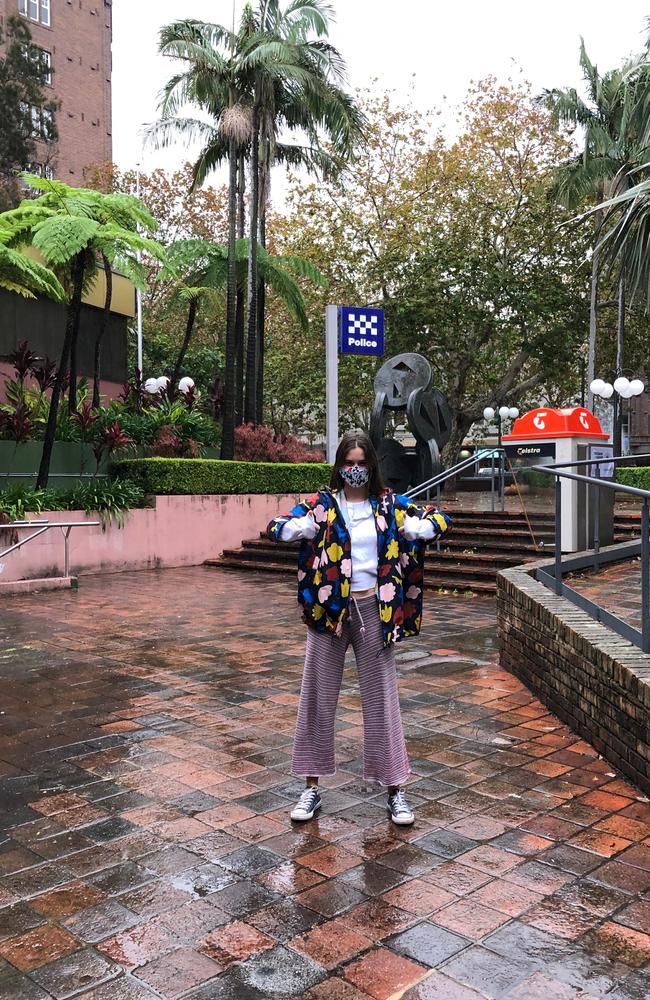
I was told there was no way I would be needed on day one. Still nervous as anything, I took a valium. Then I got a call to say a mistake had been made – I was due in court in 15 minutes.
I panicked most about my clothes … no one tells you what to wear to a rape case. I remembered a line from Bri Lee’s memoir, “which shade of lipstick says ‘please believe me’?” I was taken to the courthouse, dragged up the stairs and pummelled through the courtroom doors. They slammed shut behind me. I was completely unprepared, and felt completely alone.
After giving evidence in chief, cross-examination started without a break. This was alarming – there was no time to gather myself before beginning the part of trial I’d been told to dread most.
Despite a short time giving testimony, I was asked over 2000 questions by defence counsel. I was permitted one support person in the courtroom, my godmother, who had to sit at the back in silence.
Outside, the accused and his family were given a private waiting room, while my family stood huddled in the foyer, eyes glued to the swinging courtroom doors.
When I was asked to observe a video of his house, pointing to the bed where it had happened, I ran out of the courtroom to throw up. The bathroom was next to the DV court service I was never referred to.
Written on top of the toilet seat in Sharpie were the words, “f**k the system”. Louise, the detective, put her hand on my back to comfort me. The defence counsel saw this and insinuated that we were colluding.
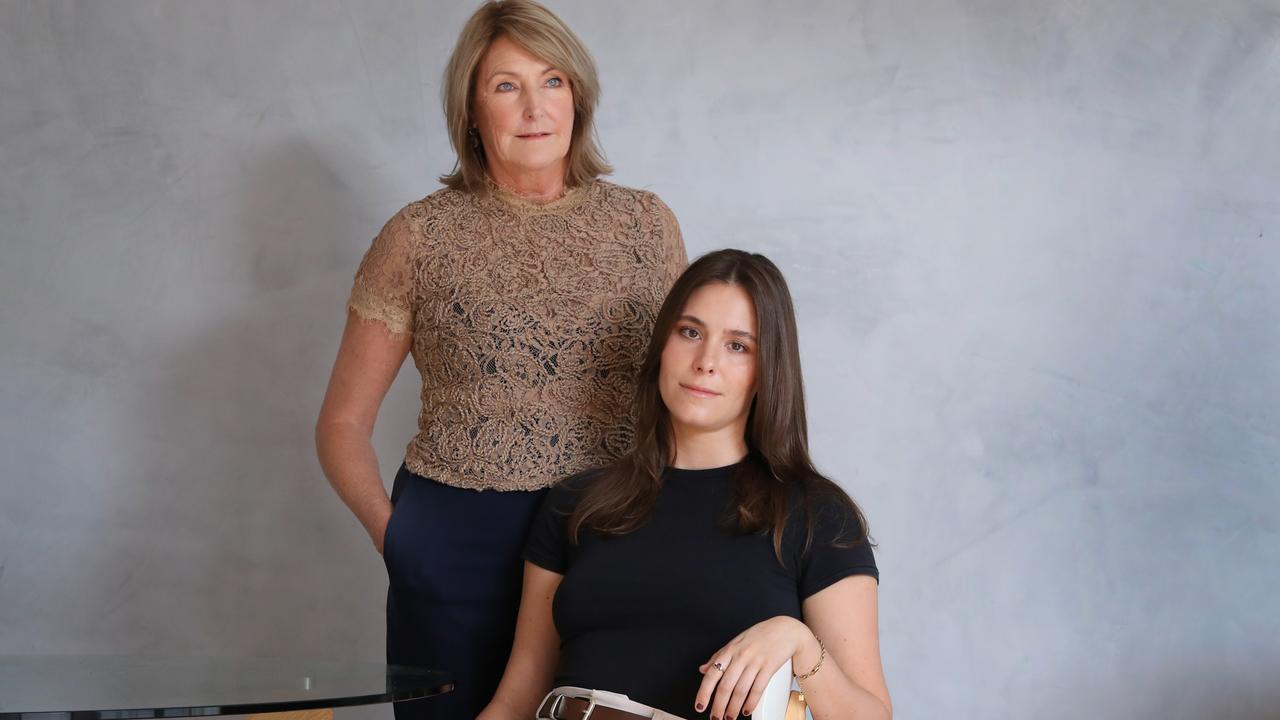
On the third day of trial, a jury member spoke up to say they had not been able to see me the whole time. A television screen casting me giving evidence was put up to help the jury see me better. As a result, I was also forced to watch my own face contort with distress – eyes bloodshot from crying – as I described over and over that I was not lying. I became nauseated, and eventually a clerk took pity and pivoted the screen away from my eyeline.
If ever I had a question for the judge, I felt I was met with disdain for halting proceedings. I was told to write questions on a piece of paper – to avoid the jury having to leave the courtroom. At one point, I asked why the prosecutor was asking me something which could discredit another Crown witness. The judge told me my question was inappropriate. I stopped asking questions.
The difficulties I faced when reporting then came to light.
The fact that I had spoken to three different police stations was then used against me. I was accused of “shopping my story” around to anyone who would take it.
My injuries had disappeared by the time I made a statement. This was twisted to suggest I lied about them.
I thought the police would be accustomed to the courtroom, but they were like deer in headlights.
During breaks, I noticed the prosecutor laughing with the defence, sharing biscuits with the accused, calling him by his nickname. I began to wonder if anyone was really on my side. Early on, we had asked whether we could hire an independent lawyer to represent my interests. I was told the DPP might feel intimidated or threatened, like we didn’t trust them to do their job. So, in the end, no one in that courtroom was legally responsible for protecting me. The defence represents the defendant, the prosecution represents the state. But no one represented me. Sitting in that witness box, I have never felt so exposed and so alone. I was a sitting duck.
After three days of questioning, we broke for the weekend, just in time for my birthday on Sunday. I was still under oath and couldn’t discuss the trial.
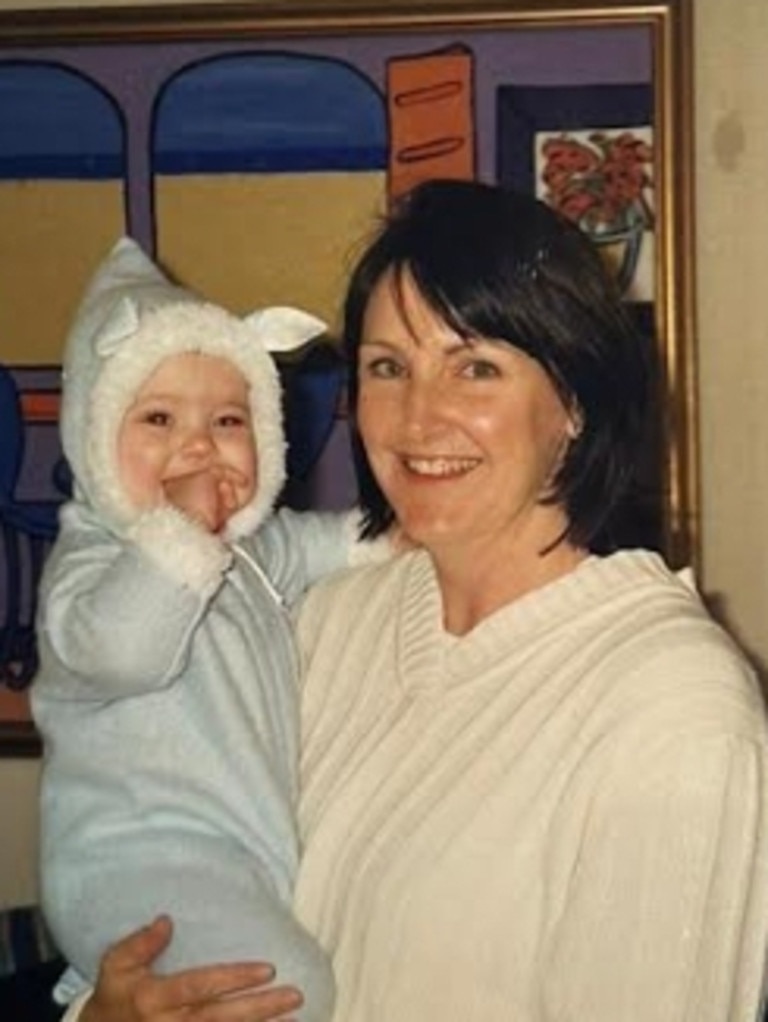
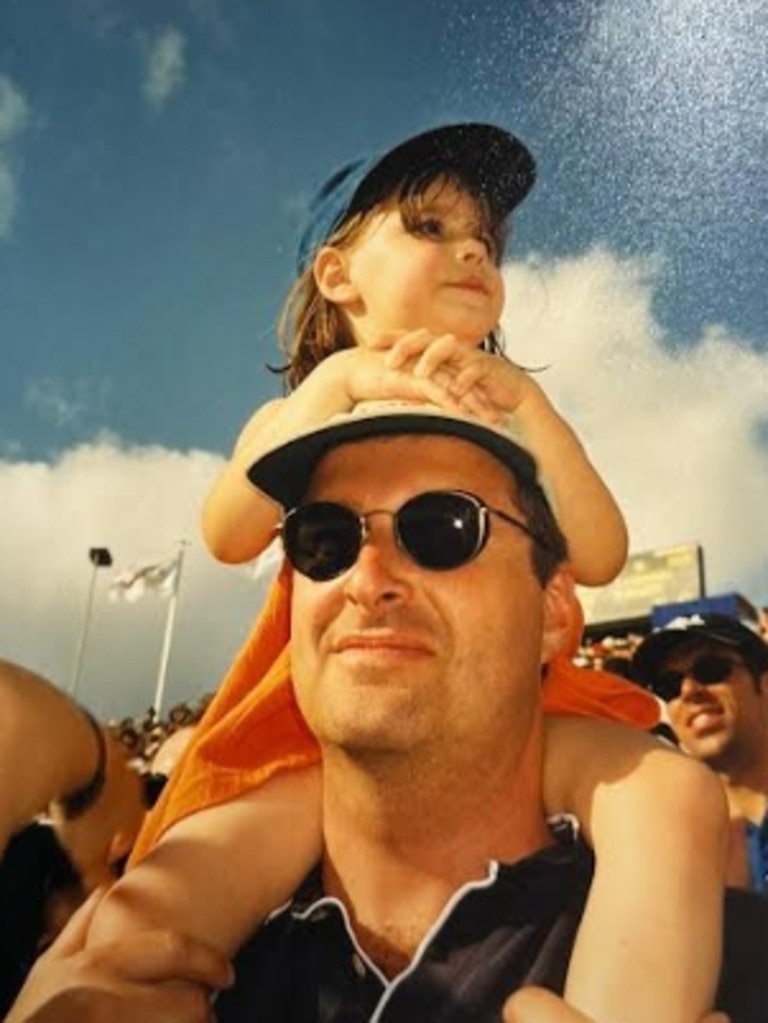
Turning 26 was silent but full of head noise. Everyone was walking on eggshells, no one knew what to say.
On Monday, after another day of questioning I was released.
The relief was immense, until my phone rang and I was told I would need to return to answer a few more questions.
I was replaying everything in my mind, wondering what else I could possibly be questioned on.
The following day, the defence asked me just two questions: “You put your hand over [Joshua’s] mouth during sex, yes?”
“No.”
“And he put his hand over yours often, yes?”
“Absolutely not.”
It was all done in under a minute. All that stress for less than 60 seconds of evidence. I wondered how it was even allowed.
During the trial, the defence introduced a strangulation expert. His evidence confirmed for me for the first time that it was likely I lost consciousness during the choking. I was left to process that information by myself.
In the end, he was found not guilty of all charges, despite having previously offered to plead guilty to two counts – ‘intentional choking without consent’ and ‘intentional suffocation without consent’.
I entered the legal system with my eyes open. I knew to expect the worst, but what I experienced was worse than I possibly could have imagined.
I am a white, straight, cis girl living in the eastern suburbs of Sydney, with family and friends to drive me to the station, with a boss kind enough to understand, with easy and safe access to the courts.
And I was exhausted.
What must the process be like for the majority of victims in this country?
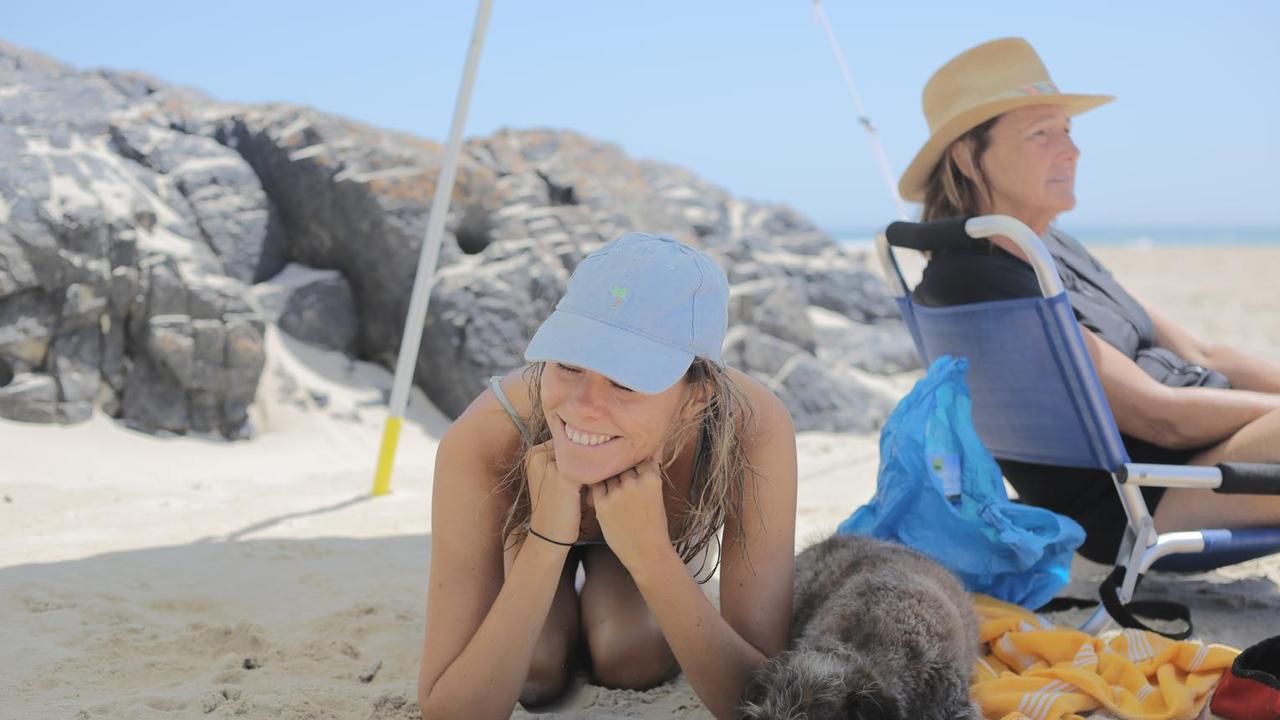
If I couldn’t navigate the system, who can?
The criminal justice process can be entirely re-traumatising, not just because it involves recounting the worst thing that has ever happened to you in detail, but because it takes away your agency, right at the point you are trying to reclaim it. Victims feel in the dark, out of control and alone as a witness.
This is why I transformed my handwritten notes into a guide to help others. Informed by sector leaders and other people with lived experience, With You We Can aims to demystify the process, talk victims through their options and inform them of their rights. We rely on victims to speak up and co-operate as a witness so that the state can prosecute crime to keep us safe – that they be given information about what is expected of them as they navigate the process is the bare minimum.
At its core, With You We Can is about equity of access to justice. Among other resources, the knowledge hub debunks myths, breaks down key legal terms by jurisdiction and outlines the step-by-step processes for victims from police reporting to criminal proceedings.
It is free to access and – with donations – I hope to translate it and install other features that will make it more accessible.
We are also advocating for independent legal representation for complainants, to help us navigate the process.
Justice means different things to different people. But most of us who have been to a trial can tell you what it isn’t – the criminal justice system. If we can create understanding around the process, not just for the victims often going through it blindly, but for the general public, we might just lessen some of the trauma … and we’ll all be better placed to reform it.
I will never receive traditional justice from a jury.
For me, I choose to find my justice in using what I have learned to help others.
I didn’t choose the cards I was dealt; I can’t not play them.
*Joshua is a pseudonym
To donate to Sarah’s charity, With You We Can, visit here.
Read related topics:Take The Stand





